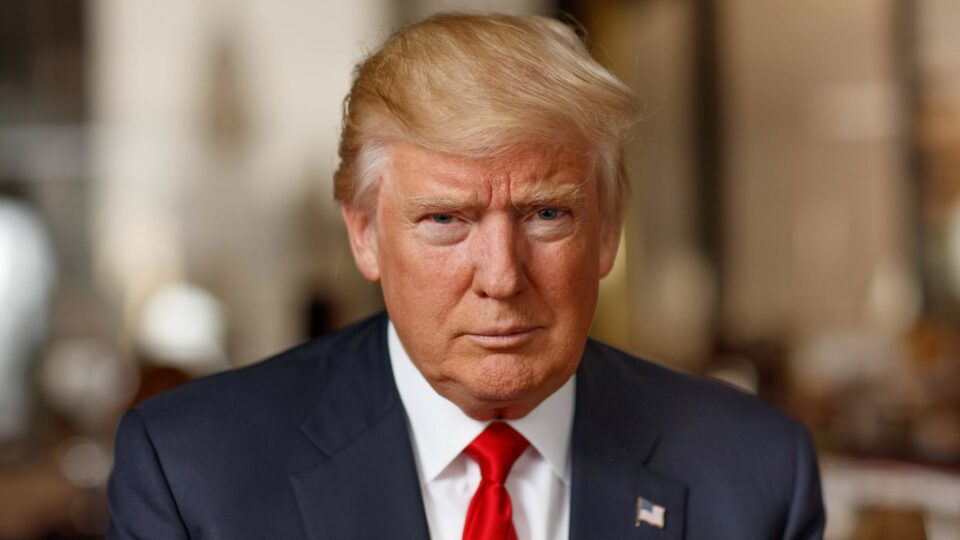In a notable policy shift, former President Donald Trump has excluded key electronics like smartphones and computer chips from his sweeping import tariffs, offering a lifeline to tech giants worried about surging costs.
The exemption, announced by US Customs and Border Protection, removes select goods from both the 10% global import tariff and the elevated China-specific tax.
The White House confirmed the changes were backdated to April 5 and include high-demand items such as solar cells and memory components.
The move marks Trump’s first major rollback on China tariffs since launching his aggressive trade campaign, prompting some analysts to label it a potential turning point.
Dan Ives of Wedbush Securities praised the decision on social media, calling it “a game-changer” for investors in the tech space.
“This is exactly what the industry needed,” he wrote, citing Apple, Nvidia, and other major firms as immediate beneficiaries.
Trump stated that full details on the exclusions would be released early in the coming week, emphasizing the financial gains from tariffs. “We’re taking in a lot of money,” he told reporters during a flight to Miami.
The White House said the temporary relief is meant to give manufacturers time to shift production back to US soil.
“President Trump doesn’t want America relying on China for crucial technology,” said spokesperson Karoline Leavitt. “Companies are now under orders to accelerate their onshoring efforts.”
Nonetheless, China-made devices will still face a 20% tariff linked to fentanyl-related enforcement, noted White House aide Stephen Miller.
Apple, which assembles the majority of iPhones sold in the US in China, could have seen prices soar without this reprieve.
Reports suggest the company is fast-tracking plans to ramp up output in India, with Vietnam also playing a growing role in its supply chain.
While tariffs on many countries were set to increase this week, Trump announced a 90-day delay excluding China, whose import tax was hiked to 145% in response to its retaliatory trade policies.
Countries that have not retaliated will face only a 10% tariff through July.
The White House positioned the pause as a way to push for better trade deals, while Trump insisted his measures would correct global trade imbalances and bring manufacturing jobs back to America.


